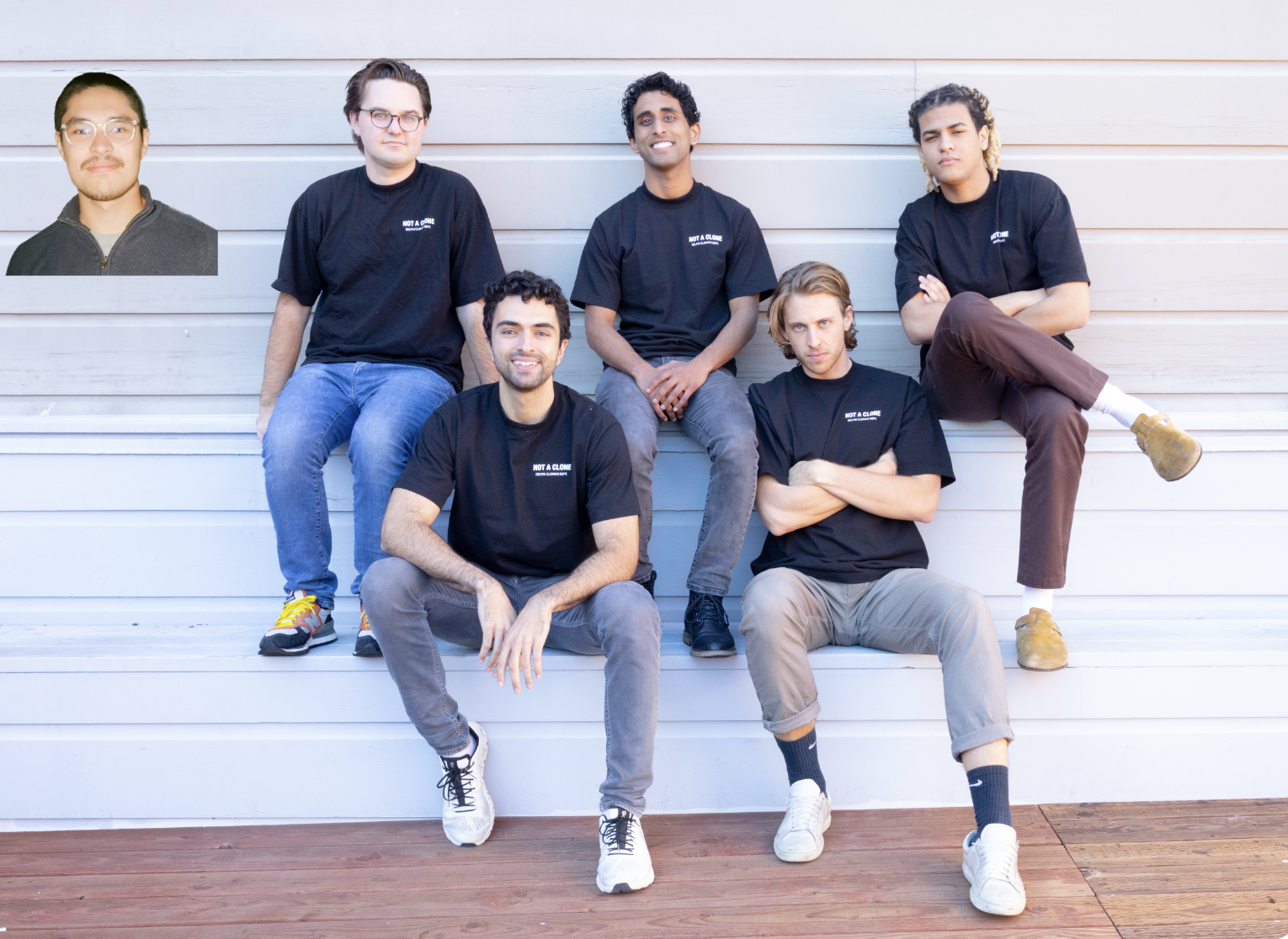By Riley Kaminer
When they were working at Miami scaleup OpenStore, Dara Ladjevardian and Samuel Spelsberg joined forces to launch a book club.
Eventually, Ladjevardian and Spelsberg thought it would be cool to create a digital clone of the book’s author, as a way to more deeply engage with the topic and ask the author questions directly. It’s an idea that first came to Ladjevardian while reading a book about his grandfather, a businessman in Iran before the revolution.
The first clone they built for the book club was that of Tony Fadell, as they were reading his book Build: An Unorthodox Guide to Making Things Worth Making.
Ladjevardian admits that these clones were very rudimentary at first. But what really clicked was the idea itself, leading Ladjevardian and Spelsberg to leave OpenStore to launch Delphi in December 2022.
Delphi is best understood as a marketplace. On the supply side are people like content creators, coaches, and thought leaders whose time is at a premium and are looking for ways to sustainably scale their business. On the demand side are consumers who come to Delphi to search for answers to their most pressing questions (Should I go Keto? How do I get more motivated?).
The creators are able to upload all their content to create clones of themselves with which consumers can chat. Delphi offers a basic free version for creators to try out, followed by a tiered pricing structure. Delphi receives a percentage of the proceeds from paywalled accounts.
“We are a very PLG-driven product,” Ladjevardian told Refresh Miami of the six-person team’s close relationship with customers. “We tried to make the product experience beautiful. And that effort has just led to Delphi growing organically.”
He underscored that the startup has spent a minimal amount on marketing, instead relying on word of mouth. “People who love the product really love the product and tell their friends about it.”
Delphi stands out from the competition with its additional tools for creators, such as the ability to send mass messages to their audience, as well as a deeper analytics offering. Of course, artificial intelligence is the backbone of Delphi’s platform – but Delphi has a rule that no one is allowed to say AI.
“People are too obsessed with the technology,” Ladjevardian asserted. “We need to ground ourselves into remembering that we’re building something for people. AI is a tool that can help us, but it’s not the main character of this product that we’re building. The consumer is, the customer is.”
Miami plays a key role in Delphi’s story. “We loved Miami and wouldn’t have been able to get where we are without it,” said Ladjevardian, adding that the team recently moved to San Francisco mostly for talent acquisition purposes, because Ladjevardian doesn’t believe in remote work.
Last year, Delphi raised a $2.7 million seed round led by Founders Fund. Ladjevardian signaled that the company will raise a Series A later this year to fuel its future vision: attracting as many thought leaders and consumers to the platform.
“That’s what I really see over the next four to five years,” he said. “After that, I have a lot of crazier ideas, but I will wait till we get there to tell you about it.”
Photo at top of post shows the Delphi team, left to right: Matin Amiri, Spencer Schoenben, Dara Ladjevardian, Alvin Alaphat, Sam Spelsberg, Zavien Sibilia.
READ MORE IN REFRESH MIAMI:
- Delphi raises $2.7M for AI-powered digital cloning platform
- Here comes the OpenStore Mafia?
- Lucy Guo’s Passes raises $40M Series A to turn top content creators into tomorrow’s big brands
- Digital twin platform MindBank AI lands $1.2M government grant to optimize your mind – and it’s literally out of this world
- eMerge win will fuel EVQLV’s growth toward building a future of personalized medicine - April 30, 2024
- Meet one of South Florida’s fastest-growing companies, unlocking Amazon fulfillment at scale - April 29, 2024
- Mexico-born venue marketplace Scouter lands in Miami to plot US expansion - April 25, 2024





